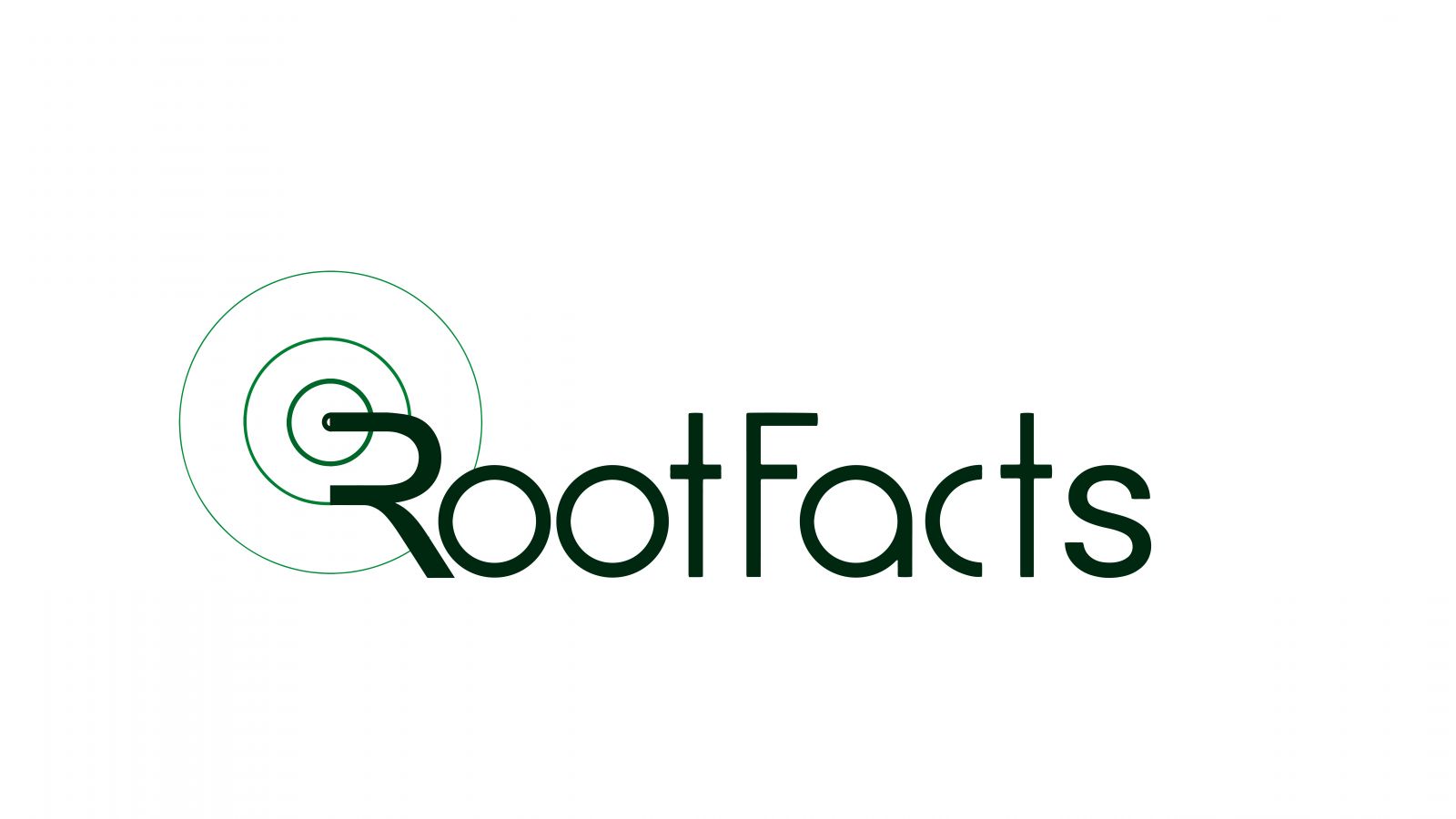Sensor Data Analytics
"Implementing Spontaneity in Business Decision-Making"
To collect and evaluate data from sensor-equipped devices used in a variety of industries, including manufacturing, healthcare, retail, oil and gas, automotive, energy, transportation, logistics, agriculture, smart cities, and more, sensor data analytics is required. Ad hoc and real-time data analytics are made possible by these technologies, which can be used to maximize asset use, monitor environmental conditions, and facilitate preventive maintenance. Rootfacts provides advanced analytics for improved operations with actionable Sensor Data analytics which makes use of AI/ML-powered capabilities to forecast extremely accurate outcomes, identify important occurrences, reduce long-term risks, and automate operations with intelligent commands.
Sensor Data Analytics: What is it?
A technology called sensor data analytics can gather and examine sensor information related to your company. The components of a sensor data analytics system are three:
➲ Sensors that gather information
➲ Connectivity of some kind to enable the cloud to receive the sensor readings
➲ An analytical instrument for data organization and interpretation
➲ Many sensors in contemporary settings are already internet-connected, allowing them to send data for cloud analysis.
Network and Cloud
The specifics of your sensors’ information relay depend on several variables, including power consumption, internet speed, and device capabilities. Your sensors may occasionally be able to transmit data in real-time to the cloud. In other scenarios, sensors transmit data in batches. Sensors use the internet to transmit data in each of those scenarios. We help with analytical tools that format, store, and analyze the data once it reaches the cloud, enabling you to make sense of it.
It’s nearly impossible to go through raw data on your own and make inferences from it. Similarly, integrating unformatted data with other types of data might be challenging. You must make sure that both data sets have the same format, for example, if you want to investigate whether the temperature in your warehouse affects the quality of the air. An essential component of any data analytics system is software for organizing and formatting data. Moreover, it’s important to have an expert team to back you up with the operations associated with handling dynamic data sets.

Applications of sensor data analysis for businesses
Make Real-Time Predictions
Your ability to forecast the future will improve with increased information availability. A vast and constant stream of data about whatever your company wants to know is provided by sensors. This data can be used to train machine learning models, which will allow you to generate predictions. Large-scale data sets are a great place for machine learning to identify patterns. Additionally, you may forecast future events if you’ve found a pattern.
Retailers of clothing, for instance, have to forecast how long fashion trends will last around before people start wearing something else. The merchant can end up with an excess of clothes that no one wants if they make a mistake in their calculations.

Efficient infrastructure management
Sensors can monitor the resilience of infrastructure and identify specific areas in need of upgrading. When applied appropriately, sensor data analytics may determine a building’s weak points, monitor water quality and consumption, and evaluate interior air quality. Through their excellent tuning, modern sensors can detect possible issues early on, giving you plenty of time to fix them.
Why Rootfacts?
If you are worried about how to extract valuable insights from sensor data and improve operational efficiency? we are always ready to help you. Rootfacts has an excellent team of skilled professionals in the respective domain to guide you in the right direction
